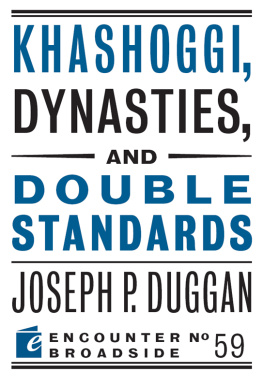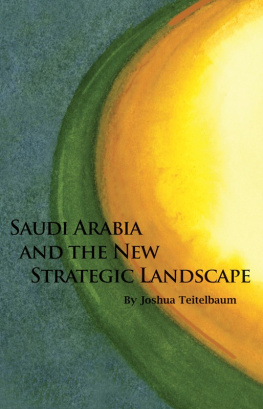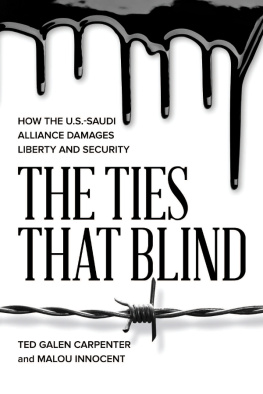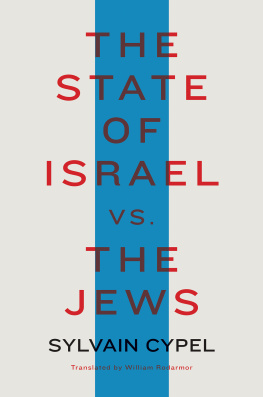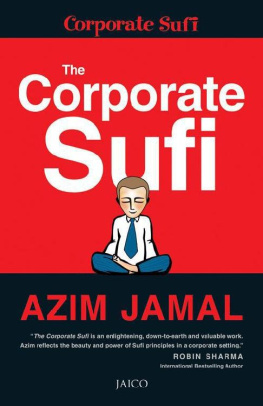Praise for The Killing in the Consulate
Compulsory reading. Grab this excellent book if you want to understand why and how Jamal Khashoggi was murdered and the uneasy political triangle of Saudi Arabia, Turkey and the United States that is behind so many events in the Middle East. Rugmans book is fast-paced and brilliantly written, with chilling transcripts of bugged conversations as a Saudi hit squad killed a journalist true crime, and high-level diplomatic analysis.
Jeremy Bowen, BBC Middle East editor
A murder mystery where the mystery is why the world has stayed silent. From the bride-to-be pacing the pavement outside, to the assassination squad inside with the bone-saw, Rugman has produced a gripping read revealing what really happened inside the Istanbul consulate in all its shocking detail. He has done any of us who believe in a free press and human rights an important service in making sure this cannot go forgotten.
Christina Lamb, Sunday Times chief foreign correspondent
Reads like a page-turning spy thriller. That it is true makes it all the more chilling. Engrossing and enthralling.
Tim Marshall, bestselling author of Prisoners of Geography
In memory of Jamal Khashoggi, journalist
19582018
This one has caught the imagination of the world, unfortunately.
President Donald Trump,
18 October 2018
INTRODUCTION
In October 2018, one of my editors at Channel 4 News asked me to fly to Istanbul. A journalist from Saudi Arabia named Jamal Khashoggi, who worked for one of the worlds most famous newspapers, the Washington Post , walked into his countrys consulate there to obtain the paperwork to get married. He was never seen again.
His Turkish fiance, beside herself with worry as she waited for him on the pavement outside, had raised the alarm. The Saudi government furiously denied any involvement in the affair, even claiming their citizen had left the building. With the Turkish authorities demanding that Riyadh provide a full explanation, Khashoggis disappearance was fast turning into an international crisis. His newspapers chief executive later called it the most depraved and oppressive act against a journalist in modern history.
On the day itself, Tuesday 2 October, I was away from my desk, giving a talk to sixth formers at a school in Kent. The talk was entitled Tales from the Front Line, an account of the perils of being a foreign correspondent in Iraq, Gaza and elsewhere. I had no idea that Jamal Khashoggi, a fellow journalist Id never met, had been killed in Istanbul earlier that day.
For several days, I fended off my editors request to go to Turkey, arguing that I could cover the story from London. This was unusual: I lived in Istanbul during the 1990s and rarely turned down an opportunity to go back. In a faint echo of Khashoggis story, I had also become engaged to my future wife in Turkey and was obliged to visit the British consulate in order to obtain the paperwork for us to get married there.
In my defence, my reluctance to return was based on an awareness that the diplomatic crisis engulfing the Saudi crown prince and the presidents of Turkey and the United States was not happening in Istanbul, but unfolding behind closed doors in Washington DC , Ankara and Riyadh.
I sometimes rail against the cosmetics of television news: the need to be seen relaying information from outside a building, even if a reporter cant see anything happening and the real drama is playing out elsewhere. This was one of those occasions.
The Saudis had denied Turkish police investigators entry to their consulate for almost two weeks and I reasoned that standing outside it all day with a pack of fellow journalists would therefore add little to my knowledge, or to that of our viewers on Channel 4.
Besides, sitting on my mantlepiece at home was an invitation to Saudi Arabias national day in London the following week. The card from the ambassador, Prince Mohammed bin Nawwaf bin Abdulaziz, was embossed with a golden palm tree and two crossed swords and informed me that the Natural History Museum in South Kensington had been hired for the princes party. Clearly, no expense had been spared.
When the evening came, I failed to show up, so angry at the disappearance of a fellow journalist that I had no wish to shake the ambassadors hand amid the museums dinosaur skeletons and stuffed birds. Instead, I flew to Istanbul, as my editor had wanted: Turkish police, accompanied by sniffer dogs and a small drone, had finally been allowed inside the consulate. The buildings iron-grey doors were, I noticed, also embossed with the national symbols of a golden palm tree and two crossed swords.
I checked into a hotel, the Mvenpick, where nine members of the Saudi hit squad sent to intercept Jamal Khashoggi had also stayed. On the first night, I barely slept. Instead, the story of what had happened kept turning over in my head. Flickering before me were the final surveillance-camera images of Khashoggi walking to his death; the images, too, of his fellow Saudis passing nonchalantly through the lobby of my hotel.
I thought of the torment of the woman Khashoggi was about to marry; and then of how he had become a silent pawn in a high-stakes political game: the Saudis concealing the crime while the Turks leaked astonishing if unverifiable details, making it harder for the Trump administration to defend Saudi Arabia the worlds biggest arms importer and biggest exporter of oil.
When daylight came, I learned little. Several Turkish contacts were too afraid to talk to me about the story on the record, given the sensitivity of the case. An audibly nervous adviser to President Recep Tayyip Erdoan refrained from any background comment. Jamal Khashoggis grief-stricken fiance, Hatice Cengiz, was not giving interviews. If Turkish police had found anything of interest inside the consulate, then they werent saying.
The flow of information on the case largely depended upon lurid and sensational leaks of excerpts from a transcript of an audio recording of the murder, given to the Turkish and American press. As these leaks had begun to dry up, and as the consulate itself had failed to give up its secrets, the killing was slipping from the headlines. After my cameraman had filmed the exterior of the building from every conceivable angle, we headed home to London, where I continued to cover the story.
For this book, I travelled back to Istanbul as well as to Ankara, Washington DC and beyond in an attempt to tell in full the story which I had failed to tell properly then.
It is the story of one man whose words would prove the death of him, a journalist killed by his fellow Saudis who regarded him as a traitor.
In 2018, the year of his murder, ninety-nine journalists were killed worldwide, the deadliest year ever recorded. If journalists now face a new front line, a new kind of harm in state-sanctioned murder, then Jamal Khashoggis fate is a warning to us all. In ways his family and friends cannot have begun to imagine, his death also reverberated all the way to a real war zone, by calling into question the many tens if not hundreds of thousands of lives lost amid the bombing and starvation of Yemen.
Khashoggis adult life was marked by the rise of Osama bin Laden at one end and the collapse of the Arab Spring at the other. It was a life therefore bookended by the major moments and failures of the Arab world in which he lived. In fact, Khashoggi seemed to embody that world, to reflect many of its own apparently contradictory aspirations, as an Arab intellectual, trying to reconcile his Western education with his belief in political Islam alongside his loyalty to his kingdoms rulers.
Next page

